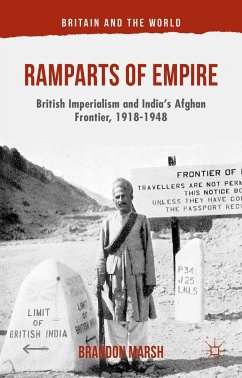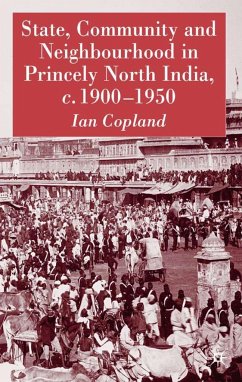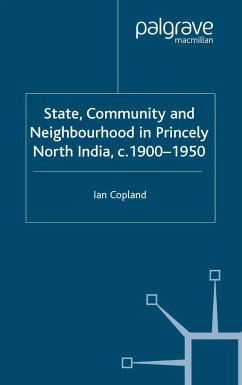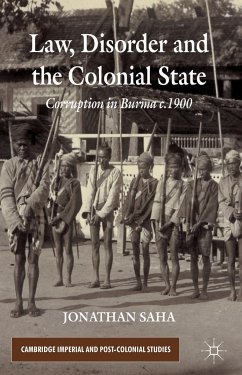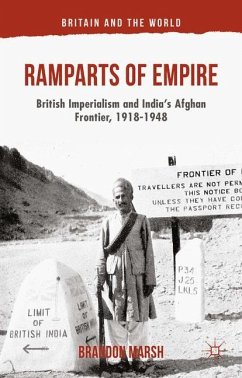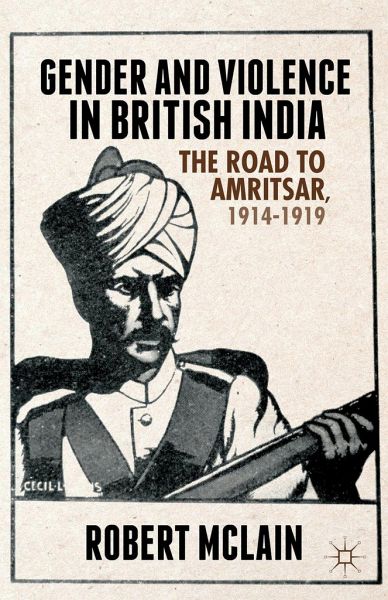
Gender and Violence in British India
The Road to Amritsar, 1914-1919
Versandkostenfrei!
Versandfertig in 6-10 Tagen
38,99 €
inkl. MwSt.
Weitere Ausgaben:

PAYBACK Punkte
19 °P sammeln!
In British India, the years during and following World War I saw imperial unity deteriorate into a bitter dispute over "native" effeminacy and India's postwar fitness for self-rule. This study demonstrates that increasingly ferocious dispute culminated in the actual physical violence of the Amritsar Massacre of 1919.





